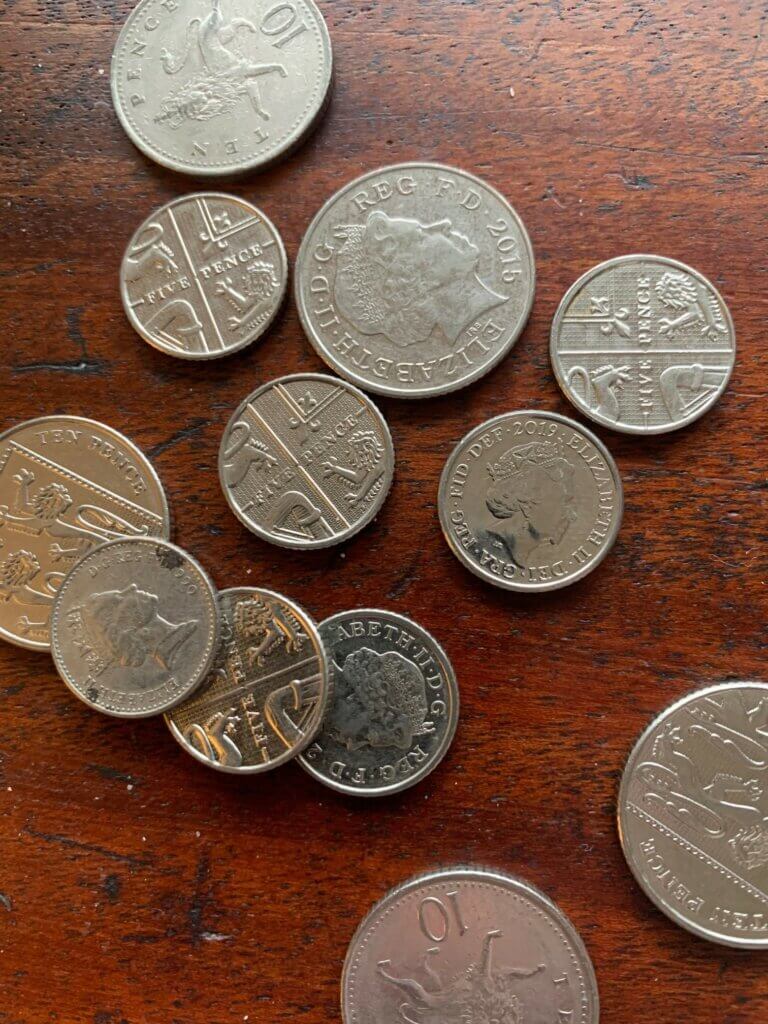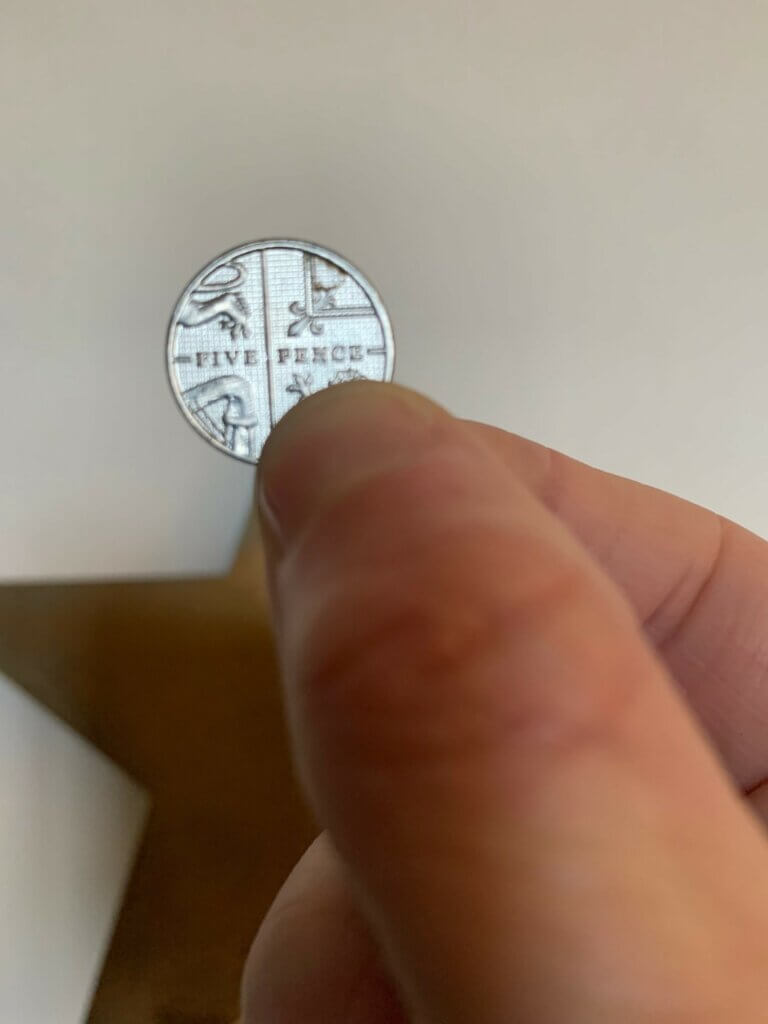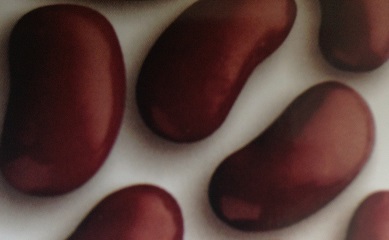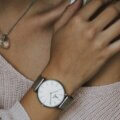One doesn’t carry coins, just like the Queen! I remember being diagnosed with nickel allergy as a teenager after new earrings caused a nasty reaction in my newly pierced ears; the doctor quite seriously advised me to avoid all nickel, including not carrying coins and keys. Great advice – luckily my royal equerry can carry those for me and open doors so I don’t even have to touch door handles, errherm…

A recent seminar I attended about the affects on the vending machine industry of the change to the new 5p and 10p coins, which will now be much thicker, alerted me to the other changes in the type of metal. They’ve always contained nickel but as long as I don’t carry money in my hands and then touch my face, or keep coins loose in my pockets this exposure hasn’t caused me too many problems. If I’m handling money I make sure I wash my hands, but generally, just paying for things and handing the coins over doesn’t cause me a problem.
The current 5p and 10p coins are made from cupronickel, which is a metal alloy made up of 70% copper and 25% nickel. It’s important to note that these coins do contain nickel as part of the compound they are made from but nickel is very important since it’s hard wearing and strong.
The new coins will save the Royal Mint an estimated £8-10 million per annum due the increase in the cost of nickel; they’ll be a bit thicker than the current currency and will be made from steel with a nickel coating.
Being coated in nickel means the allergenic metal is in direct contact with the skin and there has been much debate about whether the Royal Mint has considered the health of people allergic to nickel.
Dermatologists have raised concerns that the different distribution of nickel in these new coins will pose a huge health risk to those sensitive already to nickel and possibly people who handle a lot of cash like cashiers and bank staff.
Read more in the news about the new coins:
- “New 5p and 10p coins ‘pose major health risk’ as doctors warn nickel coating could trigger allergic reactions” in This is Money
What are other countries doing?
The Swedish parliament have banned similar coins due to the ‘unacceptable risk to health’ that they pose.
Canada already have coins with this metal compound makeup so it would be interesting to hear from anyone there who has had a worsening in allergic reactions, or indeed found they are newly allergic to the new type coins.
The new Euro coins were met with similar controversy about allergy scares but proved to be less allergenic than the sterling pound coin.

Is it really that important?
You may think there are more important things to worry about than 10% of the population being allergic to these new coins. Spare a thought for the vending industries, supermarkets and anyone with coin operated parking machines who will have to shell out an estimated £40 million recalibrating mechanisms to work with the new thicker coins.
These new coins were being made from January this year so some may already be in the system. They are now magnetic for the first time, as well as being slightly thicker. Have you seen any new ones yet?
Instead of just containing some nickel these new coins are coated in nickel which could indicate far more problems for those sensitive to nickel. What do you think? A fuss about nothing? or bad news and poorly planned and thought through by the Royal Mint?












I worked with sterling coinage prior to 2003 with no ill affects but the euro coins affect me terribly and I had to give up work because of it after moving to Ireland, it should be outlawed then I can have my old job back! Karen.
Thanks for the comment. Am so sorry you lost your job – how awful. I am really cross with the Royal Mint who refuse to speak to me about this. They did no research into the consequences. They just don’t care. It is purely about saving money – by making dangerous money people are allergic to! Crazy. I shall just have to be like the queen and carry no money.